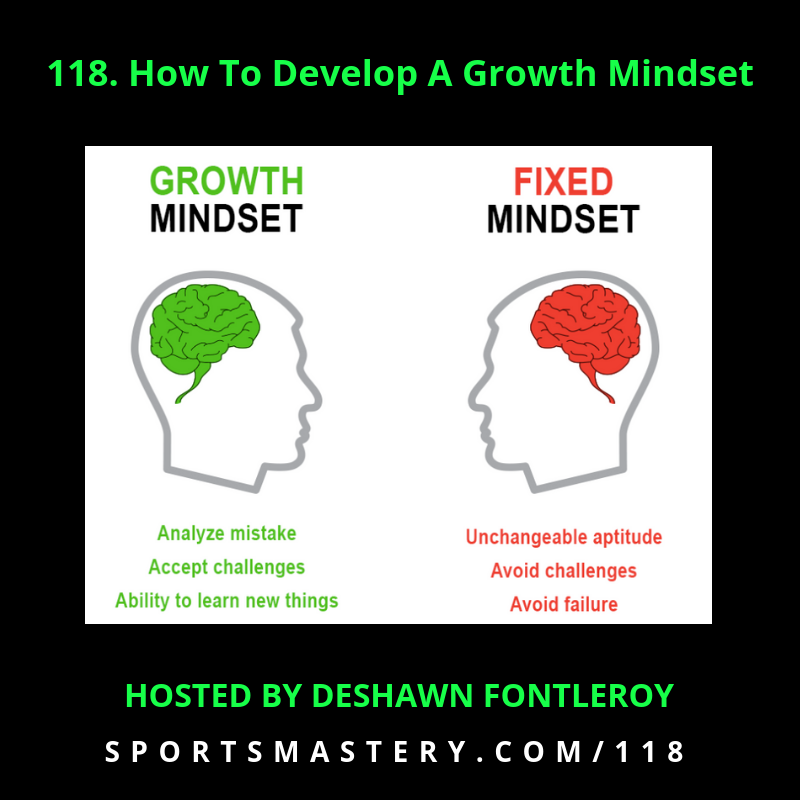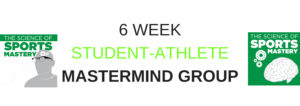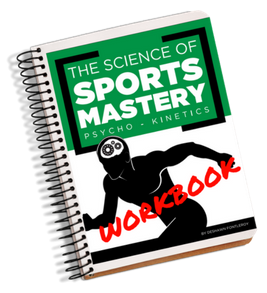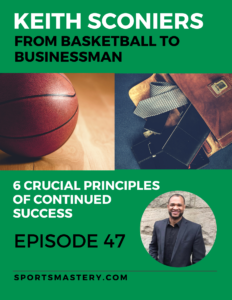What does it mean to have a growth mindset?
You must believe that you most basic abilities can be developed through dedication and hard work—brains and talent are just the starting point. Having this view creates a love of learning and a resilience that is essential for great accomplishment. Below are 10 strategies to develop a growth mindset.
1. Acknowledge and embrace imperfections.
Hiding from your weaknesses means you’ll never overcome them.
2. View challenges as opportunities.
Having a growth mindset means relishing opportunities for self-improvement. Learn more about how to fail well.
3. Try different learning tactics.
There’s no one-size-fits-all model for learning. What works for one person may not work for you. Learn about learning strategies.
4. Follow the research on brain plasticity.
The brain isn’t fixed; the mind shouldn’t be either.
5. Replace the word “failing” with the word “learning.”
When you make a mistake or fall short of a goal, you haven’t failed; you’ve learned.
6. Stop seeking approval.
When you prioritize approval over learning, you sacrifice your own potential for growth.
7. Value the process over the end result.
Intelligent people enjoy the learning process, and don’t mind when it continues beyond an expected time frame.
8. Cultivate a sense of purpose.
Research also shows that students with a growth mindset had a greater sense of purpose. Keep the big picture in mind.
9. Celebrate growth with others.
If you truly appreciate growth, you’ll want to share your progress with others.
10. Emphasize growth over speed.
Learning fast isn’t the same as learning well, and learning well sometimes requires allowing time for mistakes.
Having a growth mindset (the belief that you are in control of your own ability, and can learn and improve) is the key to success. Yes, hard work, effort, and persistence are all important, but not as important as having that underlying belief that you are in control of your own destiny.
This stimulating group dynamic will have your Student-Athlete…
Tackling more complex problems
Hearing diverse perspectives
Pooling knowledge and skills
Being held accountable by their peers
Receiving social support and encouragement to take risks
Developing new approaches to resolving differences
Being heard and developing their own voice…






 Your Information is Safe
Your Information is Safe Secure Checkout
Secure Checkout





 6 Week Mastermind
6 Week Mastermind